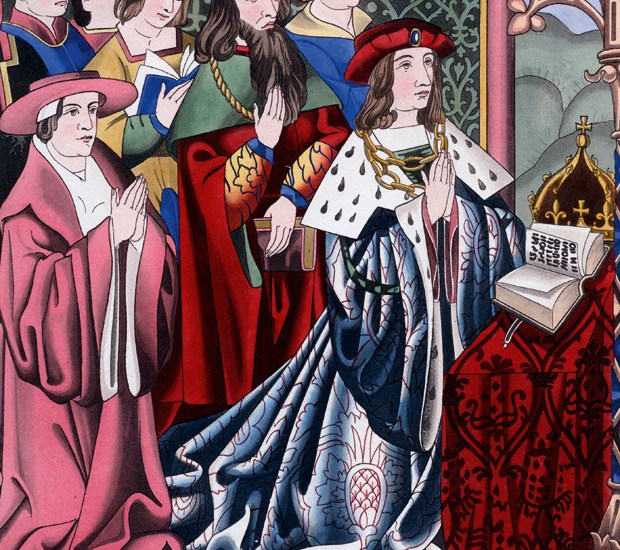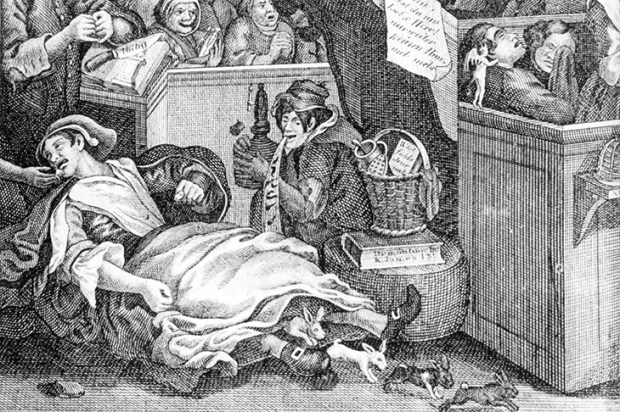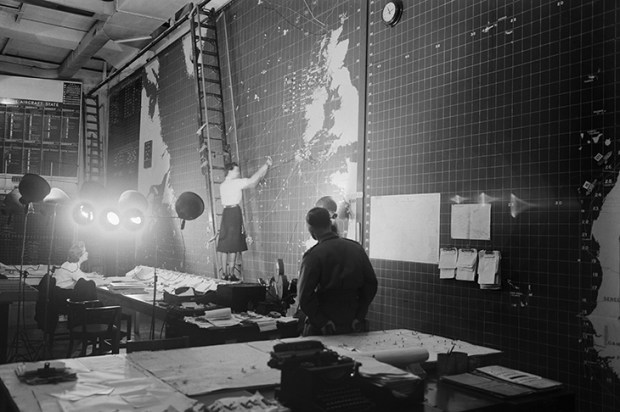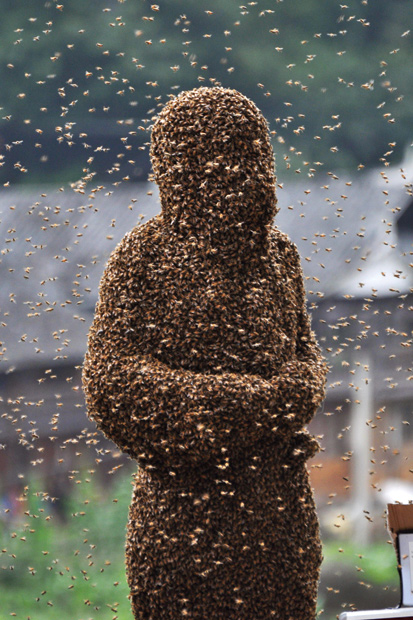Thank goodness for Game of Thrones. I think. Apparently it is inspired by the Wars of the Roses, drawing inspiration from the bloody, ruthless machinations of England’s power-brokers at the waning of the Middle Ages. Anyway, plenty of readers and watchers of George R.R. Martin’s work think that it is; what with that and BBC television’s recent The White Queen and She-Wolves series and (spot the marketing opportunity) the Shakespearean trilogy of, ahem, The Hollow Crown, undergraduates are queuing up for courses on this period of history.
Already a subscriber? Log in
Subscribe for just $2 a week
Try a month of The Spectator Australia absolutely free and without commitment. Not only that but – if you choose to continue – you’ll pay just $2 a week for your first year.
- Unlimited access to spectator.com.au and app
- The weekly edition on the Spectator Australia app
- Spectator podcasts and newsletters
- Full access to spectator.co.uk
Unlock this article
Available from the Spectator Bookshop, £17. Tel: 08430 600033. Sean McGlynn’s books include Blood Cries Afar and By Fire and Sword.
You might disagree with half of it, but you’ll enjoy reading all of it. Try your first month for free, then just $2 a week for the remainder of your first year.














Comments
Don't miss out
Join the conversation with other Spectator Australia readers. Subscribe to leave a comment.
SUBSCRIBEAlready a subscriber? Log in